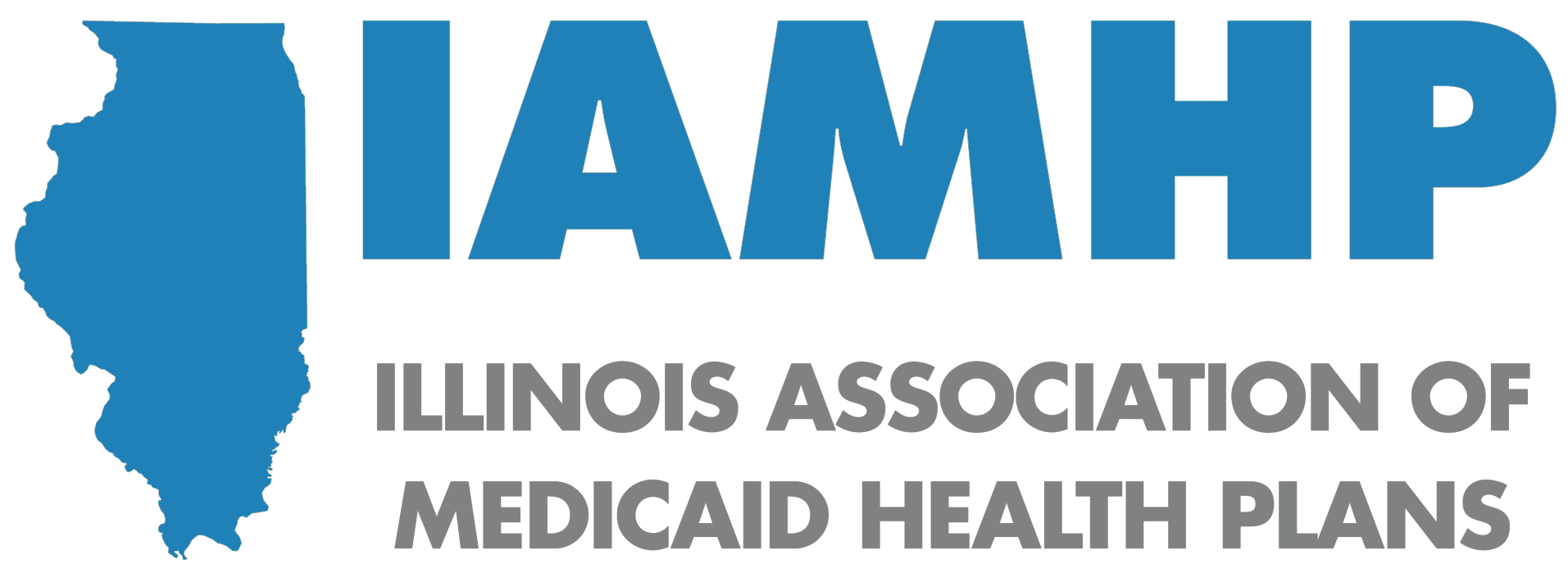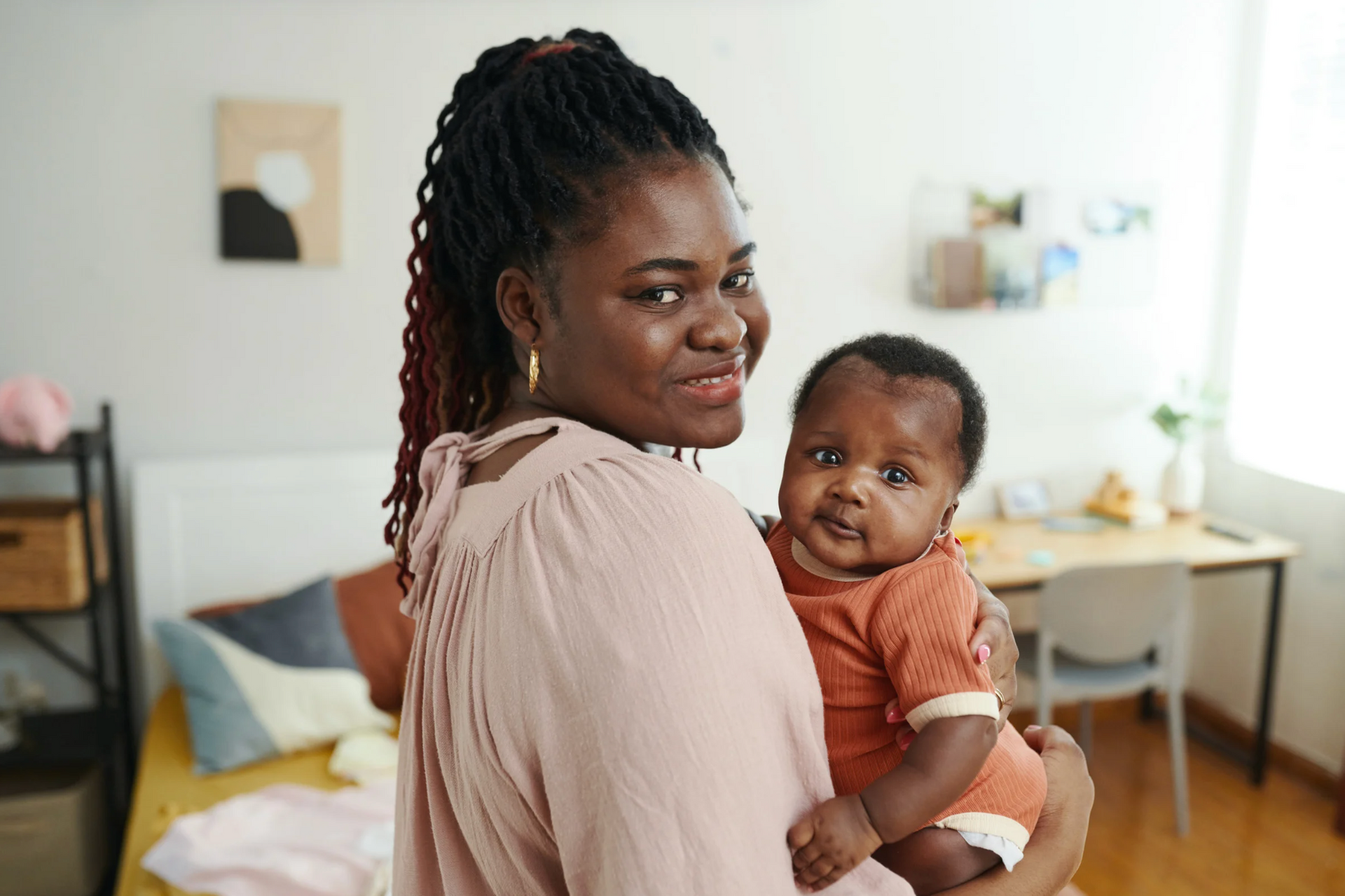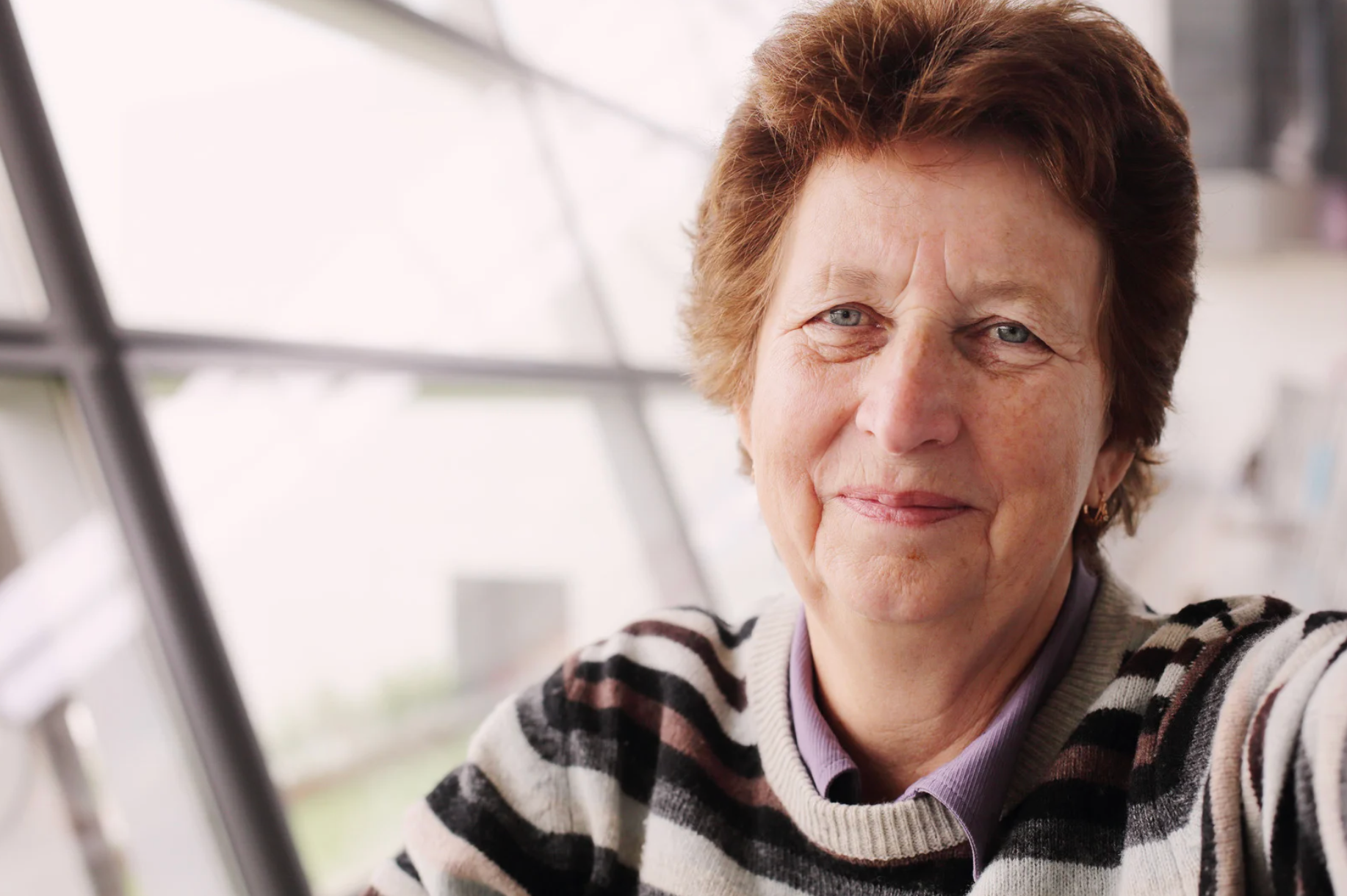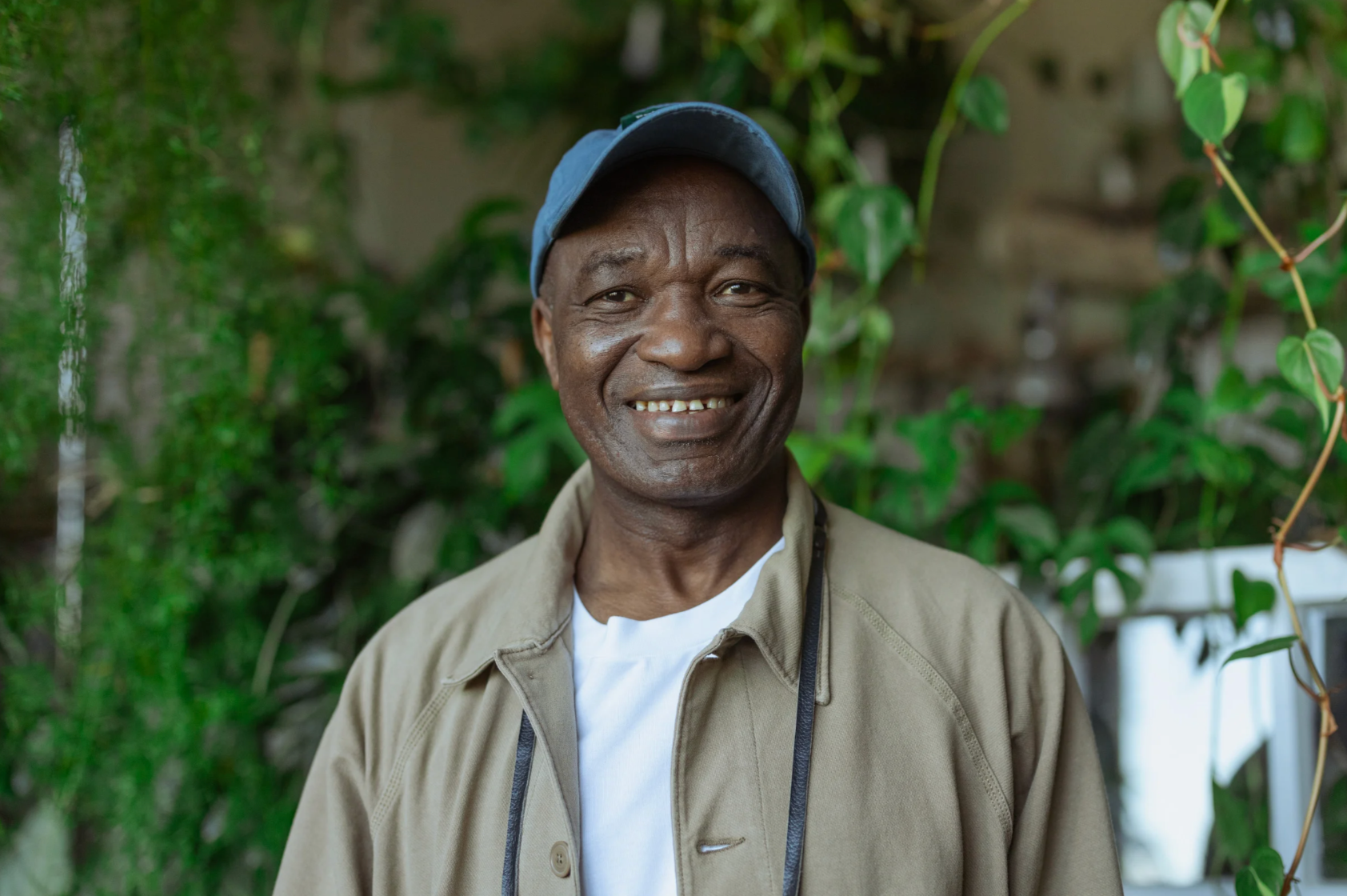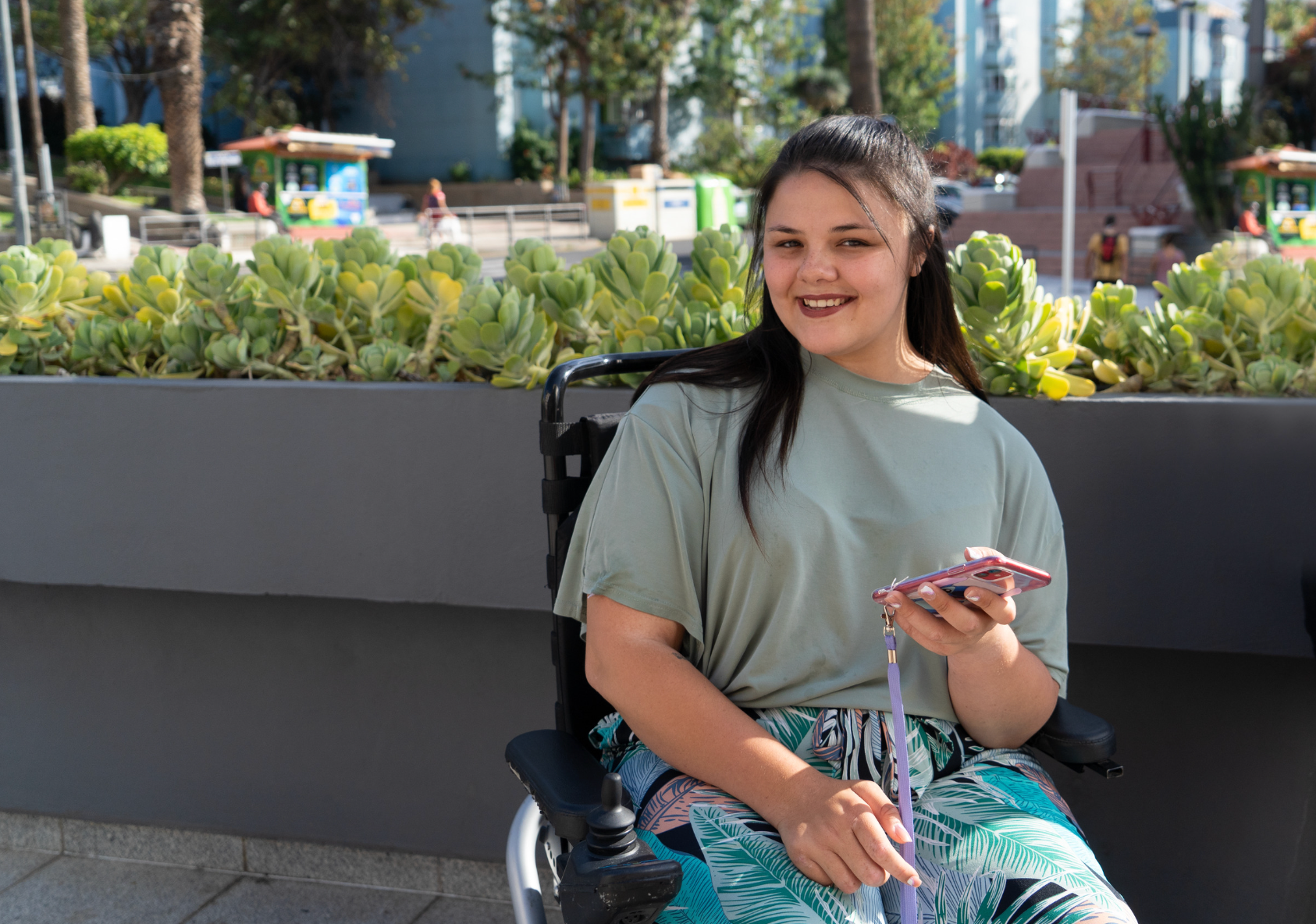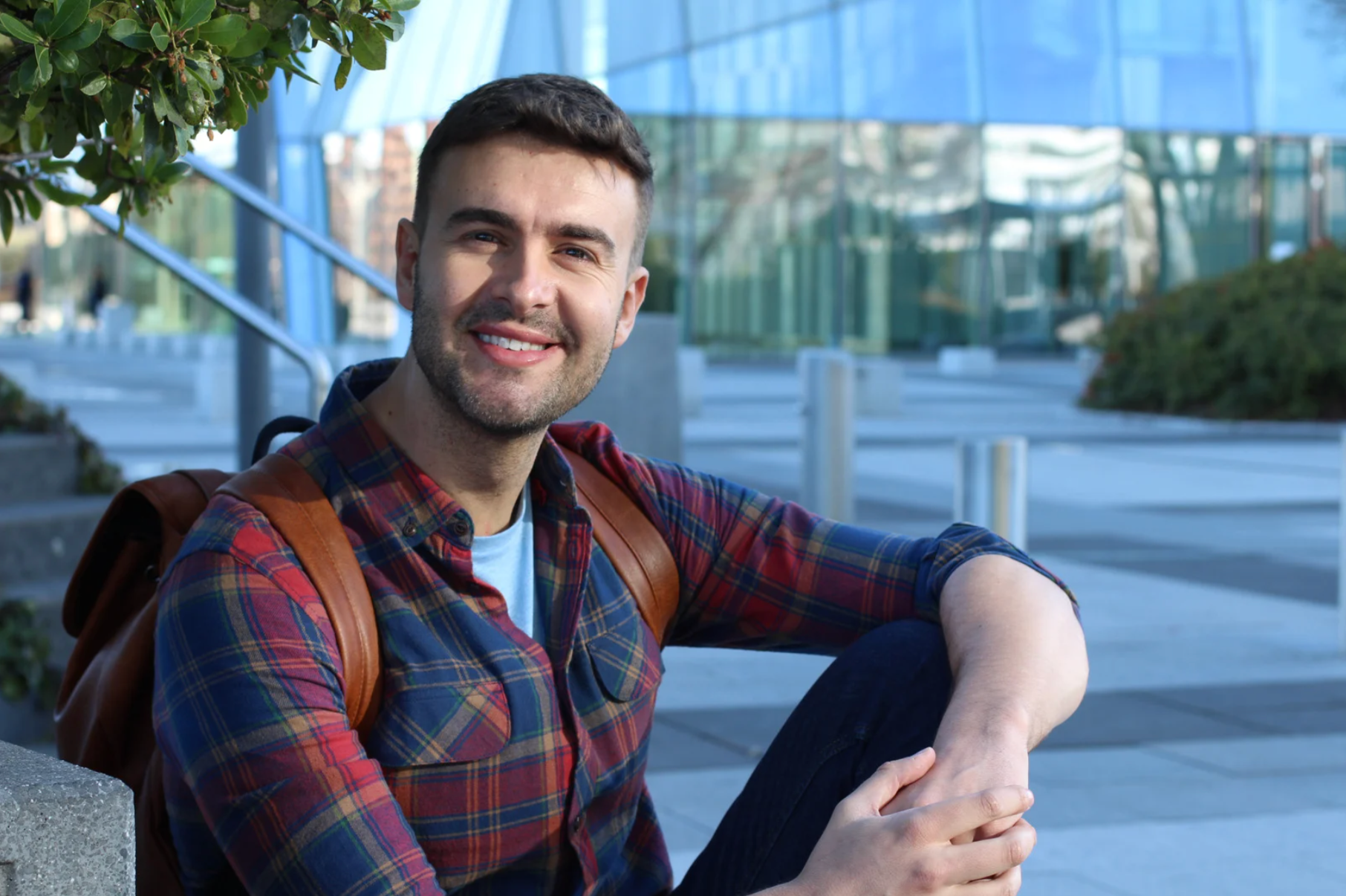Humana Member Story

Supporting A Non-English-Speaking
Senior With Complex Health Needs
Medical/Behavioral History: High cholesterol, Hypertension, Diabetes, Hypothyroid, Osteoarthritis, GERD, Chronic Kidney Disease, Overactive Bladder
History: Ms. L. is a 66-year-old female who speaks the Urdu language and requires the assistance of an interpreter on calls. She became engaged with her care coordinator Amy in November of 2024. During her initial assessment Ms. L discussed her diabetes and stated she did not check her blood glucose at home. She also stated she believed her Primary Care Provider was going to order a continuous glucose monitor but was not sure and did not have any updates from them. She was also working with her provider on obtaining diabetic shoes.
Barriers: This member does not speak English, was newly effective with the Integrated Medicare-Medicare plan, and did not understand the health system well enough to navigate the coordination of her care needs. In addition, she maintained the same Primary Care Provider, but with the plan change required some additional follow-ups with referrals started prior to her new coverage.
Interventions: After their initial call, the care coordinator Amy, began working on assisting the member with her stated needs. In December, Amy followed up with the PCP office, who advised they sent the referral for a continuous glucose monitoring system back in August. Amy advised the office that with the plan change in October, the referrals will need to be sent again.
On the next follow up call with Ms. L in February, she advised that she had completed her diabetic shoe fitting and was recently told it would be a few more weeks until they are ready. Amy verified that an authorization for the shoes was approved in January. The member mentioned she did not have a working blood pressure cuff to take her blood pressure at home. Amy placed a referral to a DME company to provide Ms. L a blood pressure machine for hypertension management. The member also requested assistance with getting refills on her medications. One of the member’s diabetes medications did not have a refill and Amy offered to discuss this with her PCP office. Amy outreached the primary care office staff who advised the member needs to come in for their 3-month evaluation in person, as her last visit with virtual. Amy followed up with the member to advise of the need for an in-person appointment which was scheduled for March 4, 2025. Due to concern of lapse in her diabetes medication, the office advised they would send an urgent message to the doctor. The PCP did submit a refill to prevent the member from running out of medication prior to the scheduled appointment.
In early March, Amy followed up with the Ms. L. She reported that she did attend her scheduled PCP appointment, and the PCP did not feel a CGM was necessary anymore, but did prescribe diabetic testing supplies as the recommendation for blood sugar management. Ms. L advised that she received a call that her new diabetic shoes were ready and asked for transportation. Amy assisted Ms. L with setting up her transportation for the appointment on 3/6/25 to pick up her new diabetic shoes.
Outcome: The Care Coordinator Amy has worked to build a great rapport with Ms. L in a short 4-month time span and has made great progress in her health goals. With the Care Coordinator’s assistance Ms. L has been able to obtain the necessary supplies, equipment, medications, and knowledge to better manage her conditions.
The member has obtained her diabetic shoes as well as blood glucose testing supplies. She has been able to obtain her medications without any gaps in usage. Additionally, her A1C labs have shown improvement from 6.2% down to 6% during this time.
